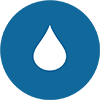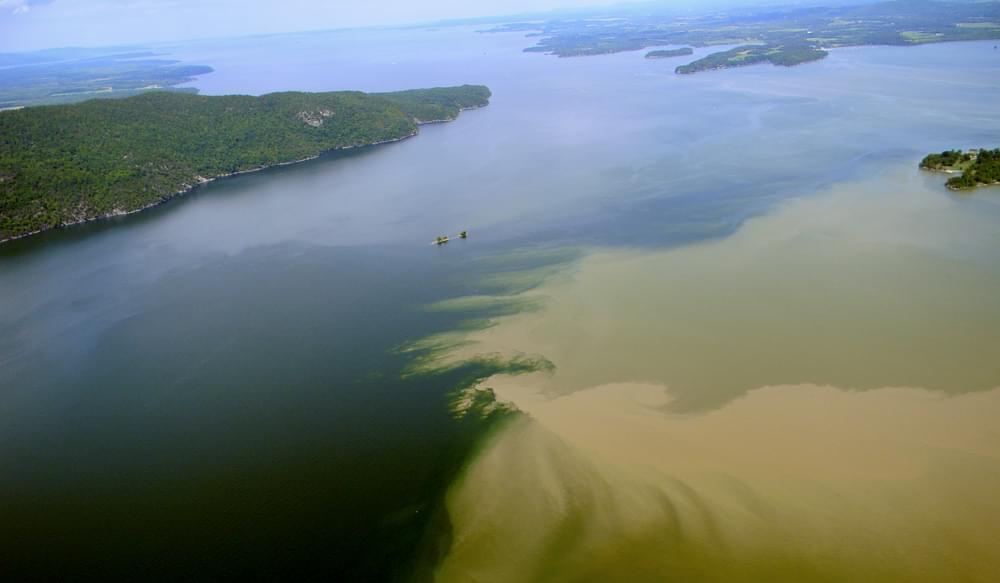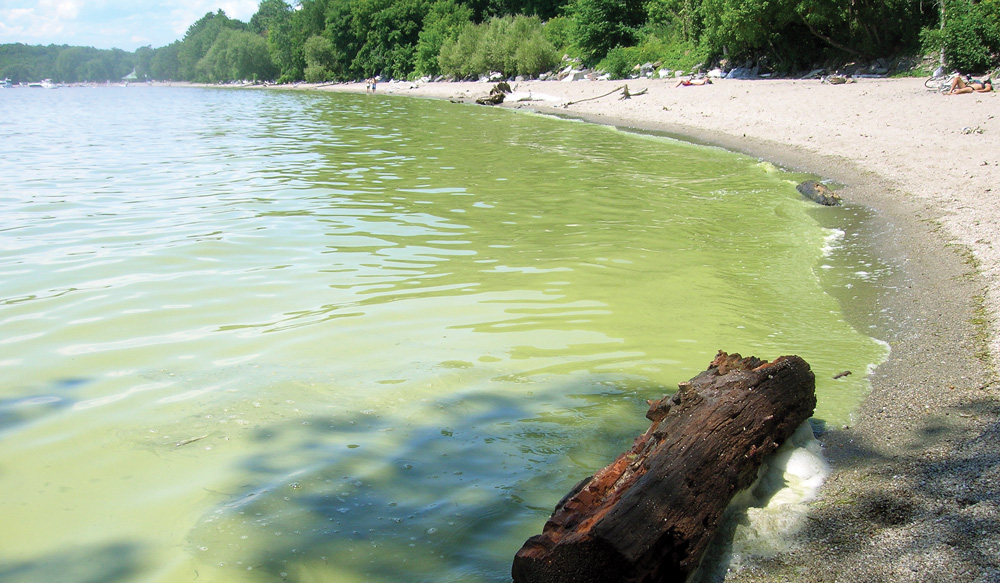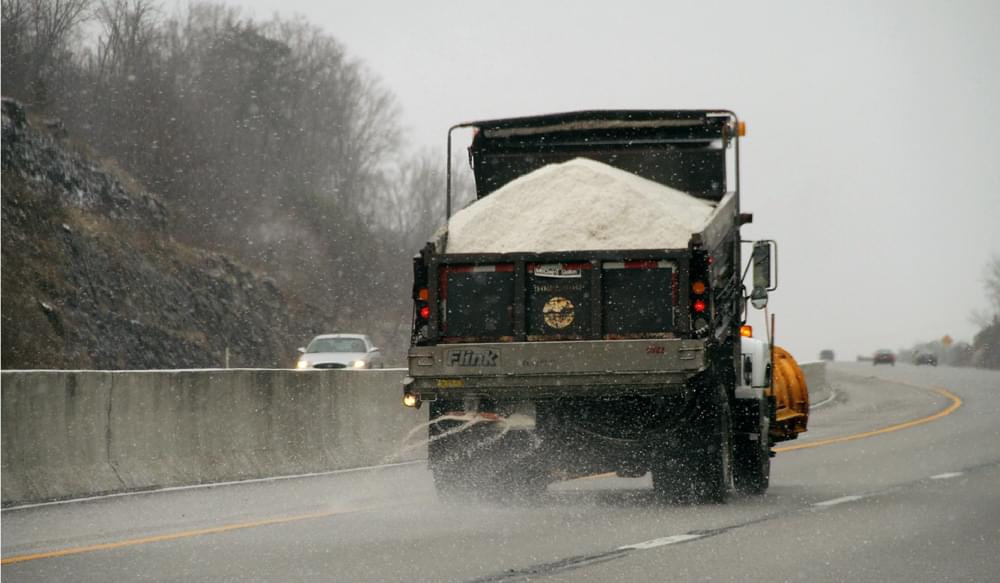
Clean Water
 GOAL: Water in the Lake Champlain Basin’s lakes, ponds, rivers, and streams will sustain diverse ecosystems, support vibrant communities and working landscapes, and provide safe recreation opportunities.
GOAL: Water in the Lake Champlain Basin’s lakes, ponds, rivers, and streams will sustain diverse ecosystems, support vibrant communities and working landscapes, and provide safe recreation opportunities.
The vibrant communities, outstanding recreational opportunities, and strong environmental ethic that rely on clean water attract more people to the Lake Champlain Basin each year. The Lake provides safe drinking water, fishing, and swimming. But pressures from human activities still threaten to degrade water quality. Lake Champlain is among the 25% of lakes in the United States that are impaired by excess nutrients, and among the 40% of lakes with health advisories for fish consumption due to elevated mercury concentrations.

Fishable, Swimmable, Drinkable
Lake Champlain generally meets standards for Fishable, Swimmable, Drinkable waters, but challenges to clean water remain. Learn more

Pathogens
Microscopic organisms that cause disease can be washed off the landscape or come from overwhelmed sewers during rainstorms. Learn more

Climate Change Impacts
More intense rainfall events and warmer surface waters can contribute to more cyanobacteria blooms in Lake Champlain. Learn more

Nutrients and Cyanobacteria
The history of communities in the Basin is tied directly to Lake Champlain and its tributaries, and is engrained in their identity and character. Learn more

Toxic Substances
Contaminants that pose a potential risk to human health and wildlife are found in Lake Champlain but progress has been made in recent decades. Learn more

Data and Monitoring
The Long-term Monitoring Program and other data collection efforts help protect human health and environmental quality. Learn more

